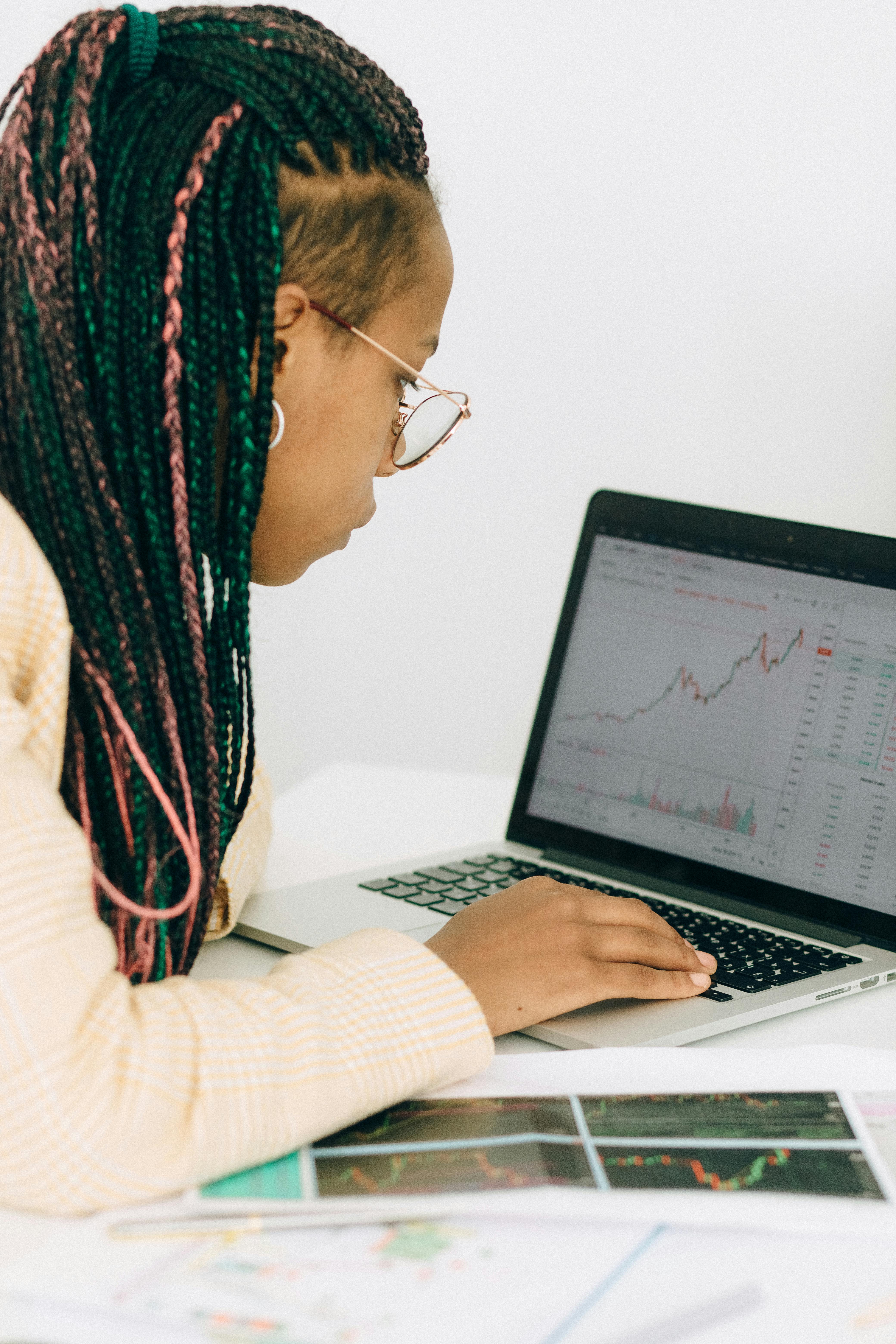
It actually gets to a point in life when we want to try out something new. Perhaps you are at that point and considering the forex sector. And even if you’re stranded, you need not worry. This article will go to the depths of this discussion, highlighting some of the most important factors to ensure an optimal experience. Therefore, you’ll do well staying around to discover a few things for yourself.
The importance of having the right knowledge in this sector cannot be overemphasized. Actually, a recent study that focused on South African traders noted that 70% to 80% of beginners often lose money and quit, partly because of a lack of sufficient knowledge. You definitely do not want to be part of such a statistic, which is why you should read this article.
How reputable is the platform?
Even before you begin your trading journey, the first thing to ensure is the reputation of the platform. Platforms like Web Mt5 are popular for their emphasis on customer experience, and you don’t want to miss out on such.
Imagine visiting a platform and not being able to receive quick feedback after you experience a glitch just because they don’t have the right infrastructure to support that. Or, in the event of executing orders, everything seemed to start lagging, denying you the opportunity to spot sudden changes within the market.
This is definitely not what you want to experience. Reputable platforms have reliable customer support to ensure traders receive prompt support in case of hurdles. After all, we are in a time when, according to Desk365, more than 90% of customers expect immediate responses. So, platforms committed to meeting such demands give the impression that they are always mindful of traders, and you may want to consider such.
Something else you can’t afford to ignore is the platform’s user-friendliness. There are times you may want to enter markets using your phone and others when you may want to use your laptop. Would you like the platform to misbehave just because you switched to a smaller device? Of course not! Given that we’ve become multiscreen consumers, you’d want an experience where both laptop and smartphone experiences are similar.
And, of course, you don’t want to ignore your broker’s security strategies. Check whether they have implemented infrastructures like 2FA, comply with reputable authorities like the Commodities Futures Trading Commission and so on. By the way, you should never allow the simplicity of measures like 2FA to make you think that they aren’t effective. Do you actually know that 2FA alone can reduce exposure to more than 99.9% of targeted attacks? Well, at a time when cyberattacks are on the rise, such measures can really help.
Plan yourself well
One of the things you’ll find common in the forex industry is overpromising marketers who often encourage beginners to trade with high leverages with the hope of making significant returns. Well, this does not mean that you shouldn’t take advantage of the availability of high leverage, but it can be a very risky way for beginners to get started.
Give your forex journey a slow and steady approach to effectively manage risks. Plus, there are many brokers who offer demo accounts and educational materials that can help you hone your skills. Especially if you don’t have a decent capital to start you off yet, investing yourself in these materials can really be helpful.
Also, don’t trade blindly. Different market news and economic indicators often affect currency prices. Keeping up with such trends and being ready to adjust your strategies to align with market conditions can help you stay ahead. Your capital can only be maintained if you have a proper trading plan, so don’t ignore the power of automatic take-profit and stop-loss mechanisms.
Understanding trading strategies
The best part of trading strategies is that they help tell your risk tolerance, trading products and so on. This ensures you have a proper structure for your trading efforts, so let’s look at a few.
Forex scalping
Are you planning to execute short-term trades or to capture several price movements? If you are, this approach might help as it pays more attention to collecting the small, frequent wins while attempting to minimize losses. Those who can commit themselves to higher-volume trading and maintain focus on rapid trades may find this approach appealing.
Day trading
Scalping is quite fast-paced and may not work well for those who prefer short but not rapid sessions. Day trading comes in to help such preferences as it allows only one trade per day. But you’ll need adequate time for research to properly understand how the economy could affect your pairs.
Swing trading
This can be a good option for those who prefer holding positions for multiple days. However, its main challenge is the possibility of disruptions overnight or gapping.
Position trading
Patient traders who aren’t very concerned about short-term market fluctuations can use position trading. Anticipating the currency’s pair value will appreciate over time, this strategy allows traders to hold positions for weeks, months or even years.
Carry trade
Here, you borrow a currency with a low interest rate and use it to buy another with a higher rate. Simply put, carry trading allows you to ‘earn interest’ by taking advantage of the difference in borrowing costs between different currencies.
At this point, you can actually agree that getting the right financial information is important. And in a sector like forex, where a lot of factors go into play to create a successful experience, this can never be overstated.




